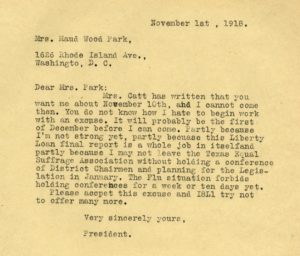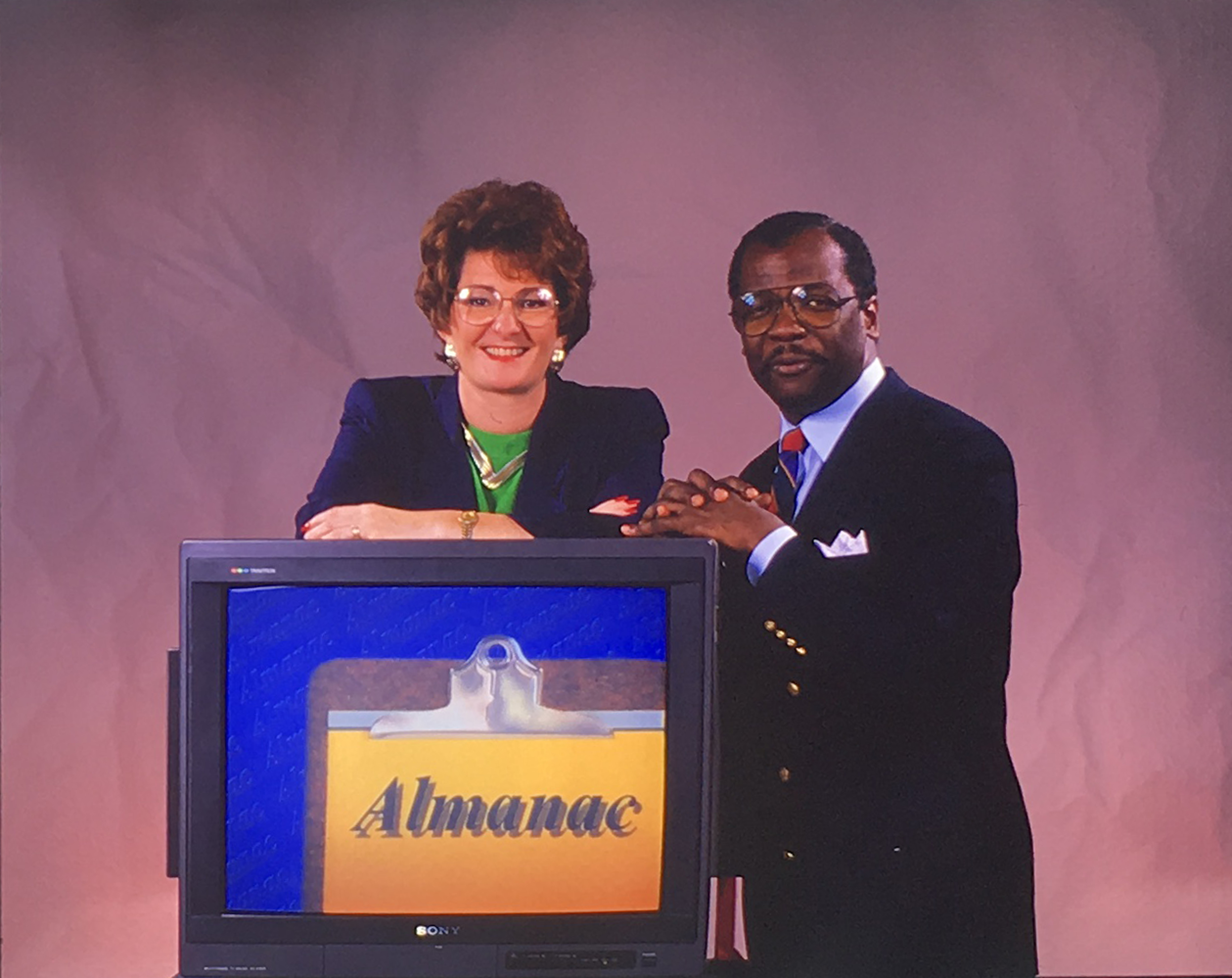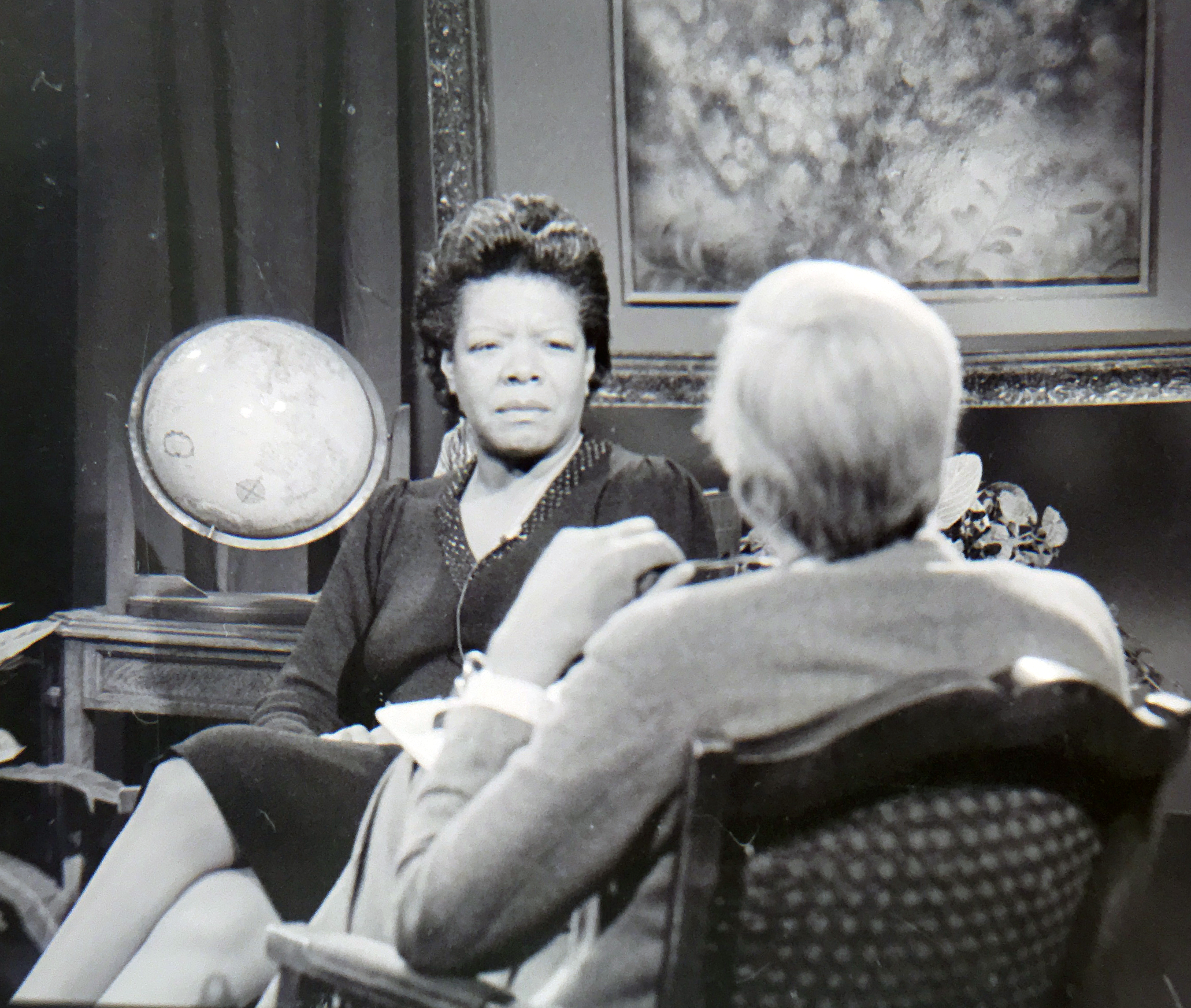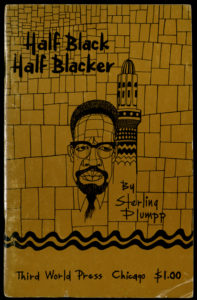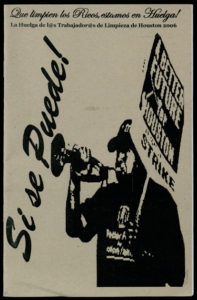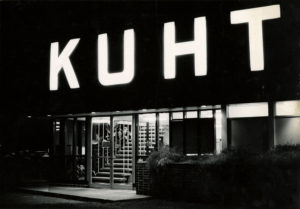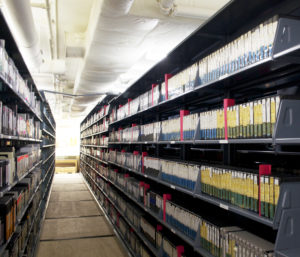
As we unveil our new digital exhibit, 100 Years of Progress: The Fight Marches On, celebrating the centennial of the passage and ratification of the 19th amendment in these times of COVID-19 and amidst a national call for social justice and equality all across the nation, let’s not forget that the women that brought about much needed change for the right to vote, faced equally great challenges during their own time. For historical context, they were dealing with the aftermath of World War I in which the world was weary of a prolonged conflict as well as the global spread of the 1918 influenza pandemic which would kill an estimated 50 million people all around the world. Texas Suffragist, Minnie Fisher Cunningham, was afflicted from the “Spanish Flu” and would recover as documented in a letter she wrote as President of the Texas Equal Suffrage Association to Mrs. Maud Wood Park in November of 1918.
If we learn anything from history and the work from Suffragettes all across the nation, it is that with grit, determination, and their eyes on the end goal of having the 19th Amendment ratified by Congress, neither a global pandemic nor a World War would derail their efforts. Through their grassroots activism in their communities, to lobbying local, state, and national representatives, to bending the ear of a US President, they would not be denied in their efforts as they would find a way. They would become united in voice and action as an immovable force in which once their momentum has started, nothing would be able to stop nor stand in their way.
The creation of this exhibit has been a unique experience to say the least. Working with public history student, Jennifer Southerland, since this past fall and early spring, we had mapped out and selected many of the materials. Then the COVID-19 pandemic hit in late March, putting a stop to our physical process and planning as we could no longer go into the office. Rather than stop all the work and planning that had gone before, Jennifer and I continued to meet weekly via phone, and working collaboratively with online tools such as Zoom, Google Docs, and Google Sheets to arrange the digital materials (including the Minnie Fisher Cunningham Papers and Mary Ellen Ewing vs the Houston School Board) that were available, requesting scans of other materials that had not been digitized, drafting descriptive text for the materials, and brainstorming on potential themes that would emerge from the exhibit.
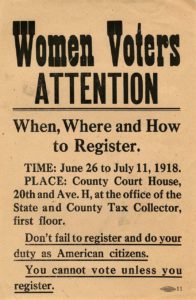
“Women Voters Attention – When, Where and How to Register,” 1918 flier distributed to inform women on how to register to vote, featured in the current exhibition
With so many face to face gatherings, events, and programs being cancelled due to COVID-19 the thought process in the creation of this digital exhibit has focused on how we could organize the digital materials we already have into a virtual exhibit which is openly accessible to the public whether it be in their homes or home offices. Just as the early suffragists found a way to overcome despite all the odds, we wanted to use the technology at our disposal to still make this happen despite the challenges posed by COVID-19 and social distancing.
In a more normal setting a physical exhibit would be created first with physical materials selected, matted, backed, and captions created before they are arranged and installed into exhibit cases within the library. We’ve had to take the opposite approach of working backwards, creating a digital exhibit first, which we know will be remotely available to the public, and then later this fall install the physical materials into the cases based on the digital exhibit. What we’ve learned is that although the pandemic has changed the logistics and dynamics of how an exhibit may ultimately be put together, we’ve still found a way to virtually document and celebrate the work of Suffragists all across the nation. This exhibit is dedicated in honor of their grit, determination, and spirit of fighting on.
Due to the outbreak of COVID-19 (coronavirus), on-site access to Special Collections is unavailable. However, staff remain available to support teaching, learning, and research activities. We ask that researchers contact a collection curator or inquire here for assistance.
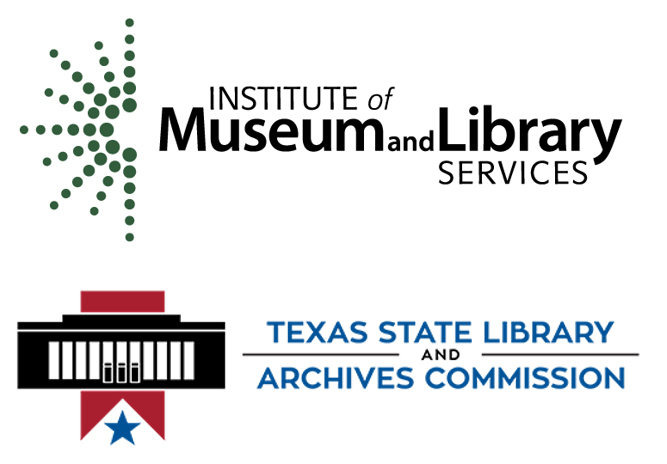
The Institute of Museum and Library Services generously funds a “grants to state program,” which uses a population-based formula to distribute funds to State Library Administrative Agencies across the country. In Texas, these funds are distributed via several different types of competitive grants, including TexTreasures, which is designed to help libraries make their special collections more accessible for the people of Texas and beyond.
University of Houston Special Collections is pleased to announce the online publication of over 500 recently digitized videos from the KUHT Collection. These videos, accessible via the newly unveiled UHL AV Repository, were digitized with funds from the Institute of Museum and Library Services’ TexTreasures grant, administered by the Texas State Library and Archives Commission.
Included in the project are several significant series and documentaries produced by KUHT between 1971 – 2000. One series, Almanac, tackled some of the major political and social issues facing Houston in the 1990s, including complex questions of race, gender, and economic inequality. Episodes such as those that cover the Harris County Grand Jury decision not to indict a Houston Police Department officer in the shooting of Byron Gillum and a discussion of the ban on homosexuals serving in the military exemplify the program’s willingness to pursue tough issues. Notable figures, such as Mayor Sylvester Turner, made several appearances on the program early in his political career, and even President Jimmy Carter appears alongside Dominique de Menil to discuss the Carter-Menil Human Rights Prize.

All materials digitized were previously inaccessible due to their obsolete video formats, such as this U-matic video.
Another significant series, The Capitol Report, features interviews with Texas legislators discussing issues that remain of great importance today. Representation, prison reform, and education are just a few of the topics that are covered, and many guests will be familiar to those who follow Texas politics today.
Several noteworthy documentaries and feature programs were also digitized under the TexTreasures grant, such as Houston in the Age of AIDs (1985) and Wetlands (1991).
In addition to full episodes available on the AV Repository, an online exhibit created by graduate student Carolann Madden contextualizes the many series featured online: http://exhibits.lib.uh.edu/exhibits/show/kuht-textreasures, and includes contemporary documents from the KUHT Collection.
University of Houston is excited to announce its procurement of the Zine Fest Houston Records! Consisting primarily of zines (self-published, small circulation, non-commercial booklets or magazines), ephemera, and print items, the collection documents zine culture in Gulf Coast region and throughout the country. Materials in the collection range from the 1980s to present, and focus on a range of topics, including art, feminism, LGBTQ issues, Latina/o’s, and humor.
Curator and archivist for the collection, Lisa Cruces, states, “I’m thrilled to have the ZFH records finally here! Because of their format and the perception of being disposable, zines and other smaller publications are often overlooked, but in my opinion they are valuable snapshots of communities.”
Acquired from zinester, Shane Patrick Boyle, and Zine Fest Houston organizers, Maria-Elisa Heg, Stacy Kirages, and Sarah Welch, the collection is the result of their personal collecting, as well as contributions from the annual Zine Fest Houston event. Usually held in the fall, Zine Fest is a grassroots event dedicated to promoting zines, mini-comics, and other forms of small press, alternative, underground, DIY media, and art. More information on the festival and related events can be found here at the Zine Fest Houston website.
Currently 10 linear feet in size, the Zine Fest Houston Records will continue to grow. “We agreed to donate the Zine Fest Houston Archive to University of Houston because we wanted to share and celebrate the history of the organization and the zines that have been produced by the artists, creators, and activists of South Texas from the early 1990s through today with the entire Houston community, and students, visiting scholars and professors at the University. The University of Houston is also a good fit in terms of location and archive storage facilities. We couldn’t be happier with the partnership that has formed and look forward to adding to the collection throughout the years,” state Heg, Kirages, and Welch.
The Zine Fest Houston Records are currently being processed but open to researchers. For more information, contact Lisa Cruces, ecruces@uh.edu.
When I arrived at the University of Houston Special Collections a year and a half ago as the first dedicated Audiovisual Archivist in the department, I was delighted to discover that UH was home to the KUHT Collection. I personally have a long-time love of public broadcasting, and KUHT holds the notable, and perhaps surprising, title of the “first educational non-profit television” in the country. Educational television was championed in the 1950s as a way to turn every living room into a classroom and would eventually evolve into what we know today as the Public Broadcasting Service (PBS).
One of my first tasks was to gain better intellectual control of the collection in order to help set preservation priorities and ensure access to researchers. Under the guidance of Special Collections Program Manager Matt Richardson, several dedicated and hardworking student workers shifted over 2,000 films and 10,000 videos out of boxes and to new dedicated AV shelving. This new shelving meant that videos could be stored standing up on edge, rather than stacked in boxes, which put the fragile tapes at risk of damage.
The improved storage method also allowed for easier access to tapes for inventory purposes. Working on and off on the inventory over the past year, I am now nearing completion, with just a handful of shelves left to go. Over the year, I have learned a lot about the programming of KUHT over their sixty-three-year history. I’ve come across such curious titles as “Heartbreak Turtle” and “Teenager: A Disease of What?” as well as moments of historical significance captured on film, such as an early 1960s interview with Houston civil rights leader Rev. William A. Lawson. One of my personal favorites from the collection is the series, “People are Taught to Be Different,” available to view on the UH Digital Library. This series, a 1956 collaboration between KUHT and Dr. Henry Allen Bullock from TSU, utilizes interpretive dance and narration to describe the universality of emotion across race, nationality, and culture.
In an effort to make these materials more readily accessible to the public, the KUHT Collection finding aid has been updated to note the extent of the audiovisual holdings, and now includes an abridged list of collection titles, with an eventual eye at making the entire inventory available online. Furthermore, we have digitized and posted one pre-existing Rolodex-style catalog of 1″ Video for researchers to use. Our hope is that this resource will be a valuable asset to those with an interest in the history of public television, Houston, and the many other topics touched upon in six decades of non-profit television productions.
